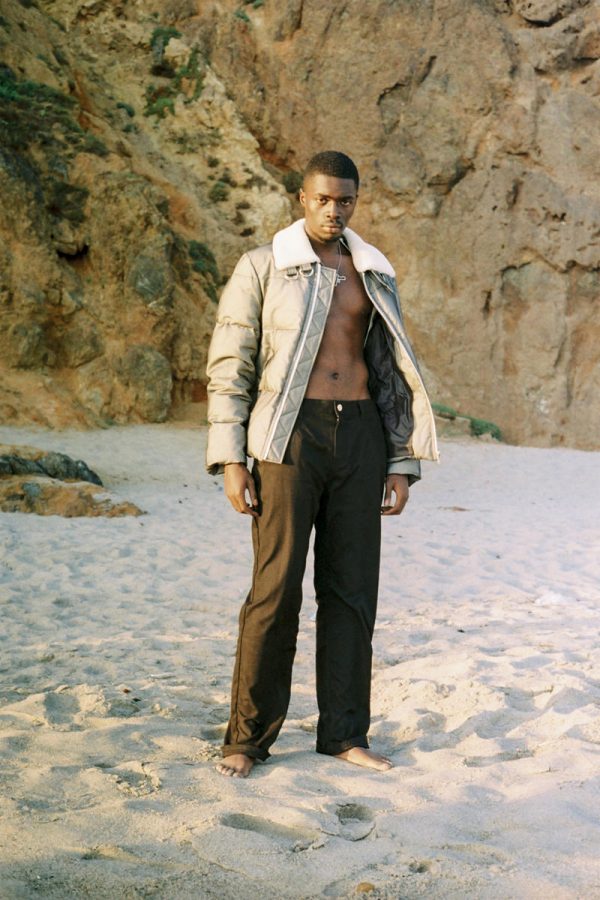Listen Up: Sheck Wes
In early August it was almost certain you would hear Sheck Wes’s “Mo Bamba” blaring through the speakers at your local club. It’s easy to see why “Mo Bamba” became so popular in clubs; the distorted instrumental and Sheck Wes’s delivery made it a rap mosh pit must have.
What separates Sheck Wes from his peers is his curiosity. Prior to becoming a rap star, Sheck Wes was leading his high school basketball team to city finals and modeling on the runway. He doesn’t try to repeat the process that made “Mo Bamba,” but instead amplifies and distorts it to his liking.
“Live Sheck Wes Die Sheck Wes,” although similar to “Mo Bamba,” clearly invokes more feeling that resonates with listeners in a similar situation: young black men growing up in neighborhoods like his own Harlem. While “Mo Bamba” is for club customers, “Live Sheck Wes Die Sheck Wes” is for Harlem natives and those from places similar to the New York neighborhood. “Live Sheck Wes Die Sheck Wes” has an anger to it which stems from growing up in an unfair system that lead to a distrust in the system itself. However, Sheck Wes also seems proud of himself for succeeding in such system. “Live Sheck Wes Die Sheck Wes,” although basic in structure, carries strong themes about being a young, black man in Harlem. Sheck Wes’s usage of trap heavy beats and strong vocals allows for high energy, but underneath are themes that surround a young “mudboy.”




Izak • Sep 20, 2018 at 1:41 pm
I never noticed the underlying message 😯. Good article chulo👀